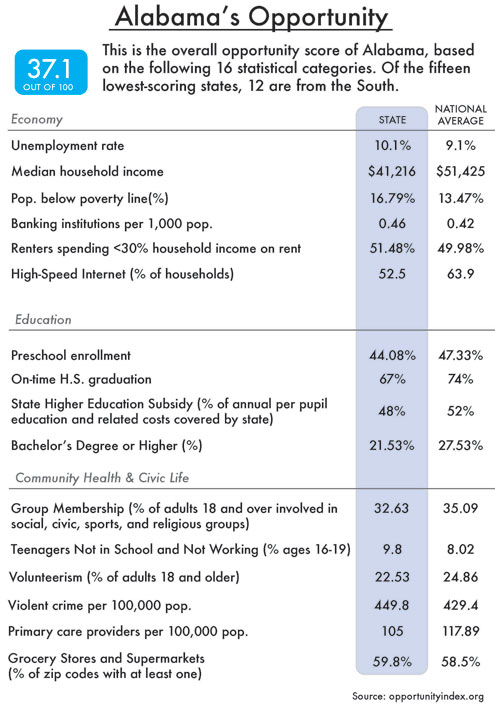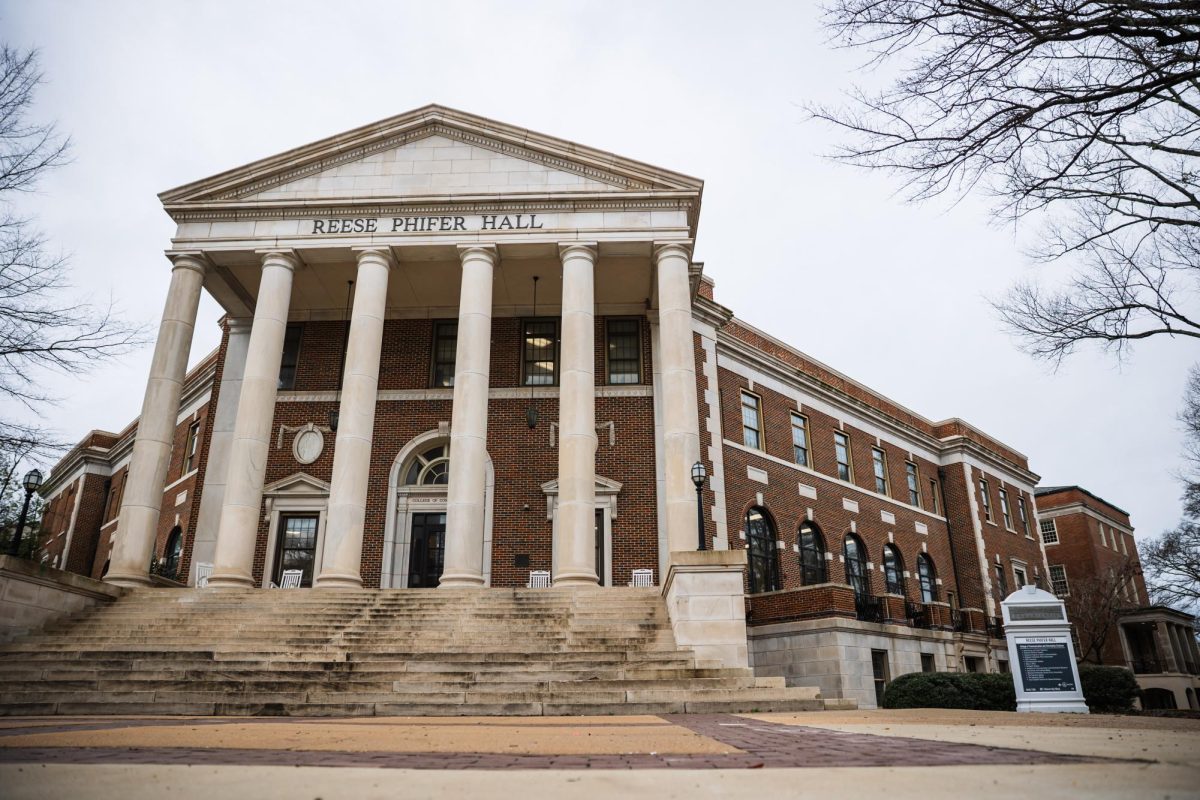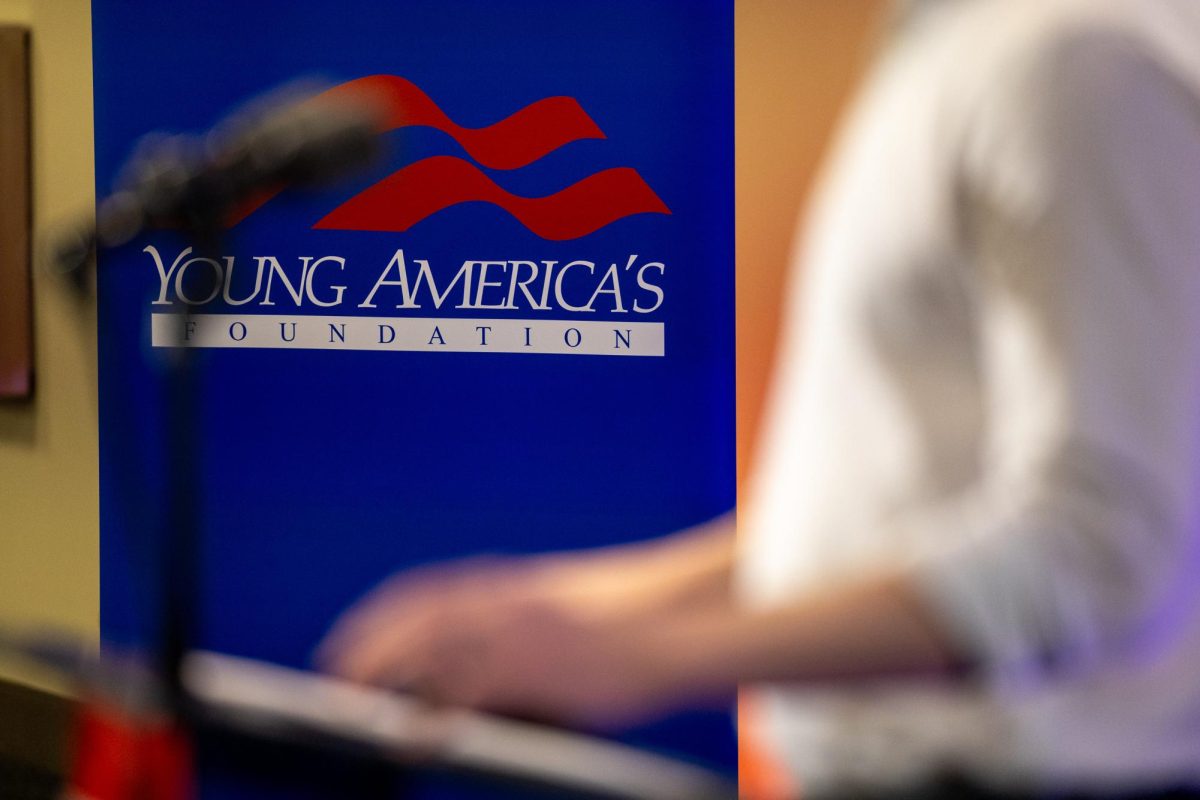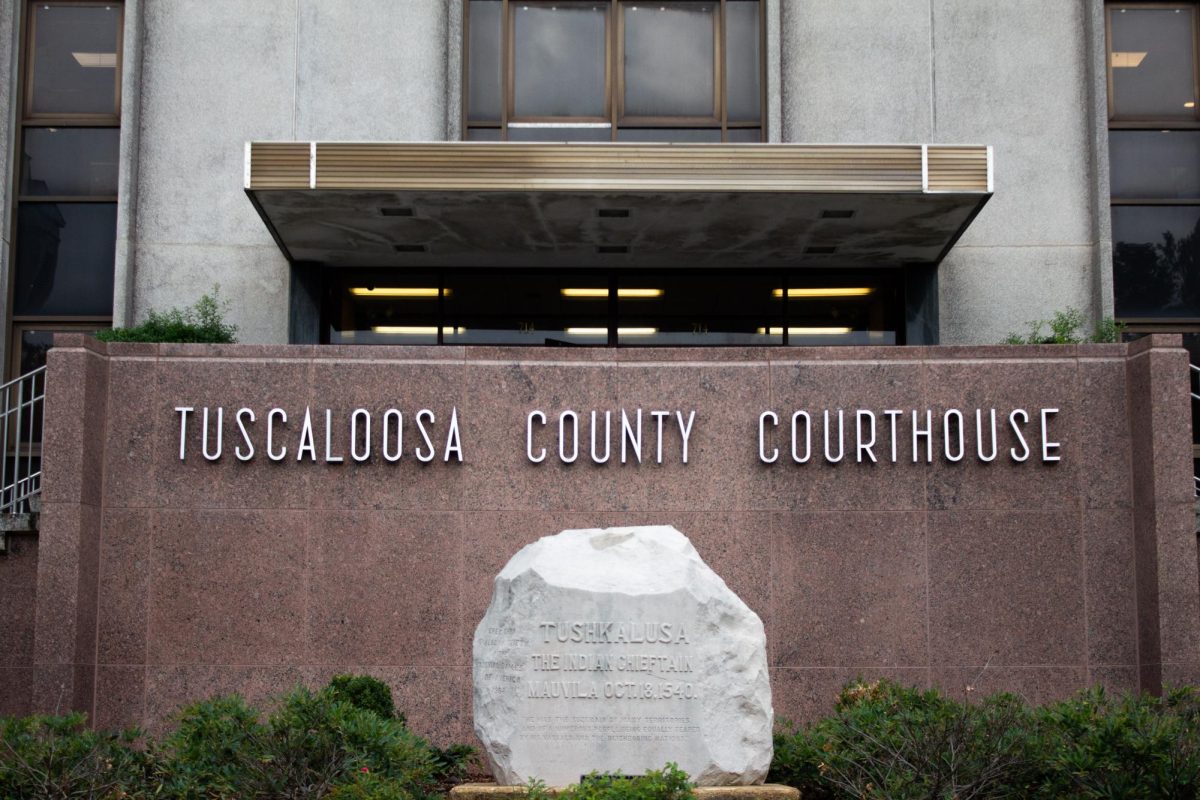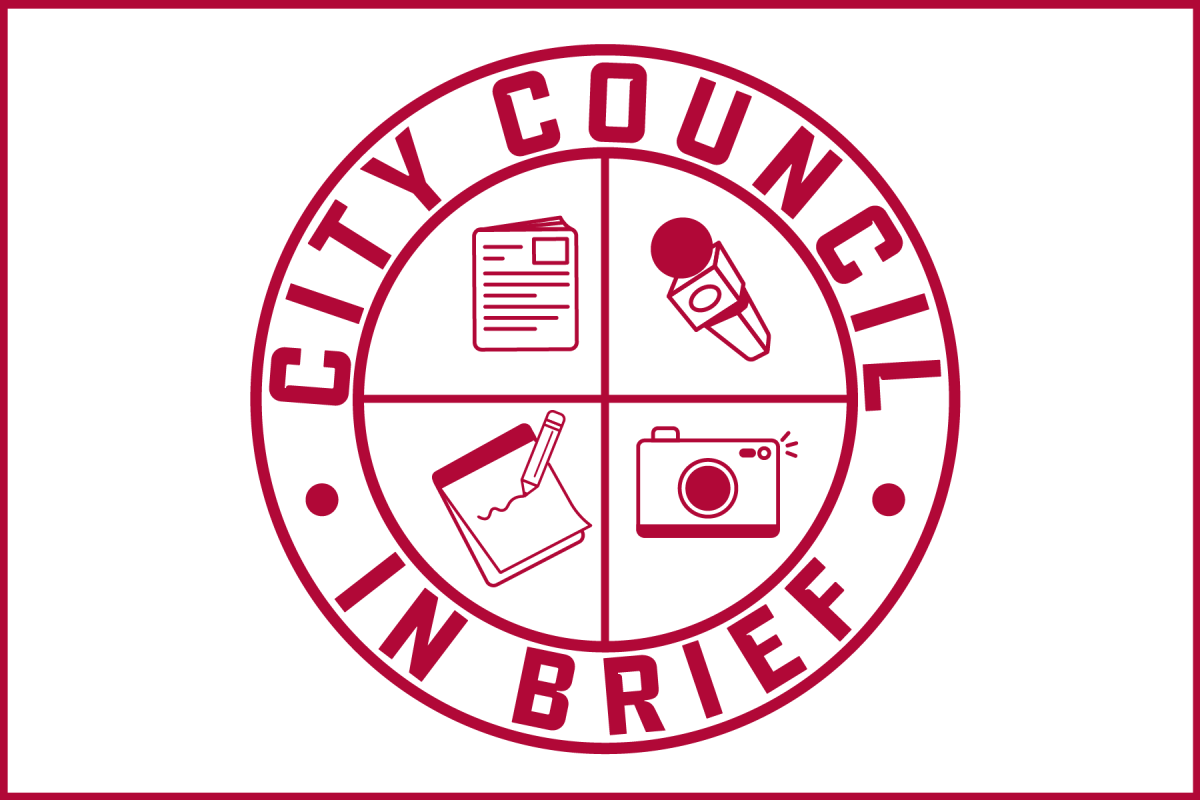 The state of Alabama ranked 47th in a scale measuring the economic mobility afforded to citizens of all 50 states and the District of Columbia, according to the Opportunity Index released by Opportunity Nation and the Human Development Project.
The state of Alabama ranked 47th in a scale measuring the economic mobility afforded to citizens of all 50 states and the District of Columbia, according to the Opportunity Index released by Opportunity Nation and the Human Development Project.
The Index pulls information from sources such as the U.S. Census Bureau, the Bureau of Labor and Statistics and the National Center for Education Statistics to complete its ranking of the 50 states and Washington D.C.
Alabama fell below the national average in 14 of the 16 categories measured, with the unemployment rate near 10 percent compared to the national average near nine percent and the number of residents living below the poverty line near 17 percent compared to the national average near 13 percent.
Twelve of the lowest 15 states ranked in the Index came from the South.
“I think what it shows is that at the moment the zip code that a child is born into does impact their future long-term success,” said Christopher Cashman, communications director for Opportunity Nation. “That is not the opportunity dream that my parents taught me. They never told me, ‘You can be whatever you want to be in this country as long as you live in this region.’”
The Index, by combining the 16 categories measured to generate an Opportunity score, offers a holistic view of the economic opportunities present among the states and D.C.
“There are a lot of different measures of the unemployment rate and the poverty rate, but we haven’t seen any other measure of opportunity,” Cashman said. “To us, the Index is a unique measure, a unique tool, because there’s really no comprehensive measure to look at them all holistically.”
The Index, as a measure, does not prescribe solutions, but Opportunity Nation will use the Index to draw the attention of politicians and community leaders to the issues facing economic mobility in America.
“Our hope is that community leaders and concerned citizens and certainly elected officials use the Opportunity Index as a way to say, ‘Where can we make improvements?’” Cashman said. “Our goal is to make sure every elected official and every candidate for office from local to the President are asked the question, ‘What’s your plan to improve opportunity in America?’”
Opportunity Nation consists of 200 coalition members ranging from non-profits to corporations and to faith-based and military organizations. Its campaign to craft and disseminate a policy agenda launched in early November.
The Index supplies college students with a forecast of the economic horizon upon graduation and, as such, gives college students a database of information to use in making requests of their elected politicians.
“College students offer a unique perspective on this,” Cashman said. “There’s a lot of elected officials and community leaders, but the voice of individuals in higher education is critical because you guys are inheriting this world.”
Gary Hoover, professor of economics, said economic mobility can be defined broadly as the ability to move up in the economy’s income distribution.
“When you talk about mobility, what you’re really saying is, ‘What’s the probability that you’ll move out of your income class?’” he said. “Some people are just really immobile, meaning that their ability to move up the income distribution is basically nil.”
He said the state of Alabama does a poor job keeping intellectual talent within the boundaries of the state because of its low rate of job opportunities for college graduates. The college-age generation has shown a trend of fleeing the state upon graduation, a trend he called a brain drain.
“Let’s say you do all the right things,” he said. “You go to school and you try to do the right things and you enter the job force, but you’re in a state that has a very high unemployment rate or one that doesn’t cultivate the types of jobs that fit your educational background. If you want to succeed, then you will need to retrain, which means more or different training, or move away.”
Part of the reason for the state’s stagnant economy can be traced to its constitution still in place since 1901 that contains an antiquated tax system, he said. Unlike other states that fund public schools with property taxes, Alabama funds its public schools with sales taxes.
“As a result, when times are bad, like now, schools suffer,” he said. “What you want is a more stable taxing system so we don’t go through these boom and bust cycles in education.”
Monika Gerhart, executive director of the Equity and Inclusion Campaign, one of the coalition-members of Opportunity Nation, said in an emailed statement that policy makers and politicians should invest in the human capital of the state.
“That means investment in the very fabric of society that ensures people can move up, economically speaking,” she said. “People can’t be productive if they’re sick. It’s hard to go to school or work if you don’t have a stable place to live. People don’t expand the economy or tax base if they’re not well educated. Equitable investment in this fabric ensures that more people become wealth generators – you’re not just landing a job, you’re also creating new ones.”



